Exploring the research and academic background that shapes and supports my therapeutic work
Main menu – ACADEMIC
Academic interests
Psychosis has been the central focus of my academic work for many years, but my approach has always been to understand it as part of a broader human continuum. I don’t view psychosis as something entirely separate from everyday experience. Instead, I’m interested in how unusual or distressing experiences – hearing voices, feeling detached from reality, struggling with inner conflict – can be understood as variations of the same emotional and cognitive processes that affect us all.
This perspective has been a consistent thread through my academic journey. My MA thesis (2006) was titled Mysticism and Madness: Different Aspects of the Same Human Experience? – an early exploration of the fine line between spiritual experience and psychological struggle. During my Doctorate in Clinical Psychology (2010), I focused on Exploring a Radical Normalisation Approach to Psychosis, looking at how we can humanise and de-pathologise these experiences within clinical settings. My PhD (2019), Social Influences on Dissociative Processes in Psychosis, extended that work by examining how social and relational dynamics shape altered states of mind.
Across all of this, my passion has been to bridge the gap between clinical diagnoses and everyday mental health struggles – and to speak to the broader human experiences that underlie them. I’m especially interested in how we can approach distress with compassion, rather than judgment or pathologisation.
To help bring these ideas into people’s lives, I’ve written two books. The first (Relating to Voices, 2022) is a compassionate guide for voice-hearers, aimed at reducing stigma and validating personal meaning in experiences often seen as “symptoms.” The second (Controlled Explosions, 2026) explores how a wide range of distressing and self-destructive experiences – often associated with clinical settings – can and do show up in everyday life.
Latest academic news & updates
- Academic publications
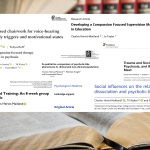 Why continue research and academic writing? For me, research is not a separate track from practice – it’s part of the same journey. The work… Read more: Academic publications
Why continue research and academic writing? For me, research is not a separate track from practice – it’s part of the same journey. The work… Read more: Academic publications - New paper on chairwork for voice-hearers
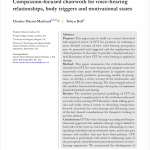 It was wonderful to co-author with chairwork expert Tobyn on this new invited article: “Compassion-focused chairwork for voice-hearing relationships, body triggers and motivational states” This… Read more: New paper on chairwork for voice-hearers
It was wonderful to co-author with chairwork expert Tobyn on this new invited article: “Compassion-focused chairwork for voice-hearing relationships, body triggers and motivational states” This… Read more: New paper on chairwork for voice-hearers - CFT outcomes meta-analysis
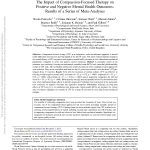 It is wonderful to see that CFT has been getting the research attention that it very well deserves. Well done to Nicola and the research… Read more: CFT outcomes meta-analysis
It is wonderful to see that CFT has been getting the research attention that it very well deserves. Well done to Nicola and the research… Read more: CFT outcomes meta-analysis

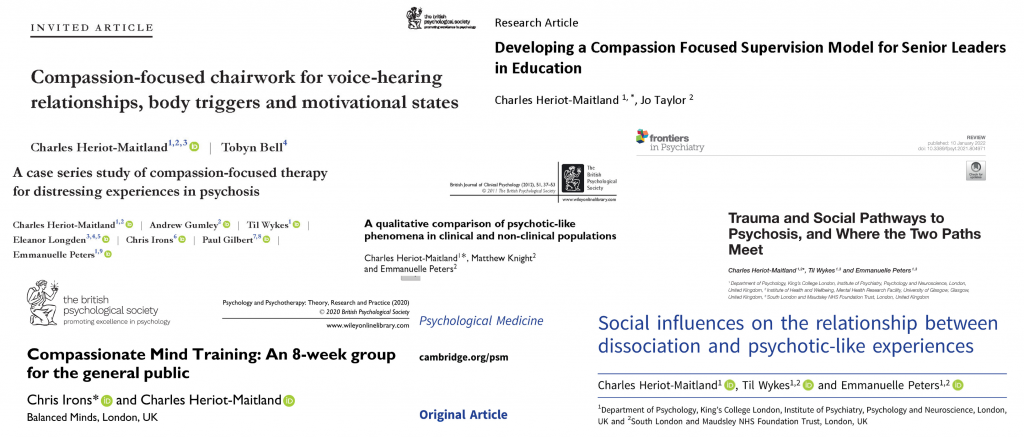
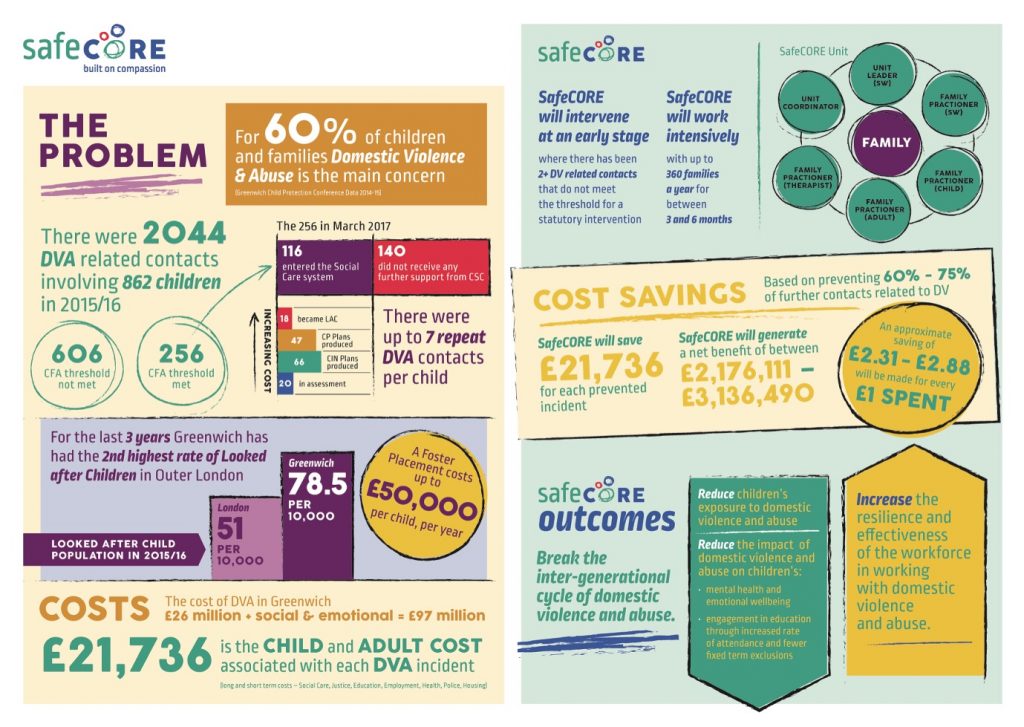

You must be logged in to post a comment.